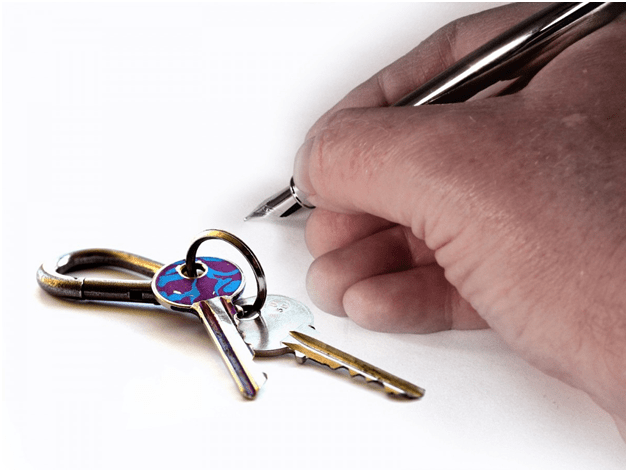Renting a home is not always easy, and it is vital that you understand your rights. Whilst most landlords abide by the rules, there are still a few rogue landlords around. Here are some common problems and how to deal with them.
Maintenance and repairs
A landlord is responsible for the majority of repairs carried out on the home, such as the exterior, sinks, toilets, drains, heating and gas appliances. If you are unsure who is responsible for a repair, check the tenancy agreement, which will state which repairs your landlord is accountable for above the minimum requirements by law.
Communication
If your landlord declines to help you, you may be able to take it further. If they ignore your attempts to report a problem, the complaint should be made in writing. If complaints are still ignored, legal action could be taken to force the landlord to carry out the repairs or pay compensation. Legal aid may be available, or you could use a no-win, no-fee solicitor.
Moving out
Your tenancy agreement will state how much notice is required before you can move out of the property. If there is a clause break in the agreement, or the landlord agrees, you can move out early. A re-letting fee is usually chargeable, as is covering any rental payments until a tenant is found.
Rent increases
If you have been informed by your letting agency or landlord that your rent is increasing, this may not be legally permitted. According to the government website, a landlord cannot increase the rent more than once each year. For a fixed-term contract, you must agree to any increases first.
Security deposit issues
You will normally have paid a security deposit before you moved into your home. This deposit should be returned when the tenancy agreement ends; however, some tenants experience problems getting their full amount back.
There can be issues with the schedule of condition or inventory. The use of property inventory software from a provider such as https://inventorybase.co.uk/ can help to alleviate such issues.
Ensure you leave the property in the same condition as when you moved in. Any deductions to the deposit must be made clear in writing, with copies of quotes and clear reason given.
If you need help, the Citizens Advice Bureau offers free legal aid and advice.







